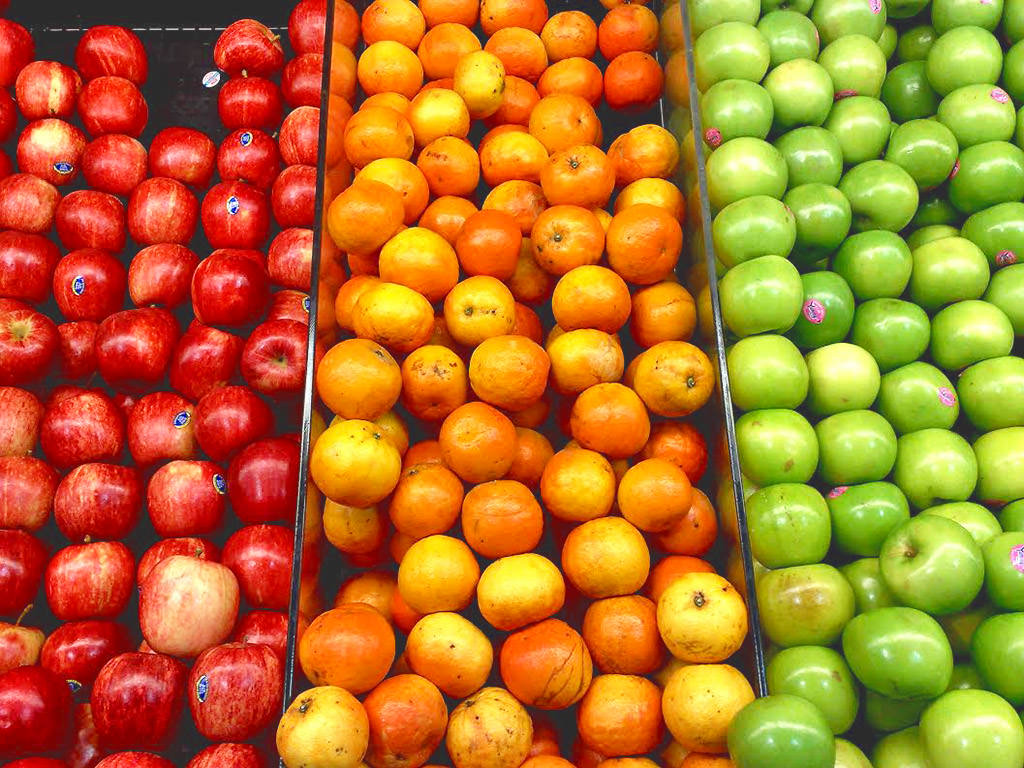4 Mins Read
It is unthinkable that in a world where so many go hungry, food wastage is such a massive problem. And yet, here we are. An astounding 30 to 40% of all the food that is produced across the planet is wasted. Beyond the moral arguments (how can we waste food when famine is still on the proverbial table?), there are other serious implications from financial loss (supermarkets have especially high wastage costs) to carbon emissions (producing food creates some serious greenhouse gases). Thanks to our rampant aggressive consumer culture, we overbuy, we overorder, we overcook…What can be done to effect real change when it comes to food waste? We share some inspiration from around the globe in our roundup of global food waste solutions.
As of February 2016, France is the first country in the world to make it illegal for supermarkets to throw away food. Thanks to a powerful activists lobby, French supermarkets are now required by law to donate unsold food to food banks and charities.
Italy has followed suit, pledging to enact a similar law. Unlike in France, where supermarkets who don’t give their wasted food to the needy, the Italian government plans to create an incentive program for businesses by reducing their trash taxes (yes, there is such a thing). The country is focused on making it easier for companies to offer their excess food to charities- for example, allowing items that have passed their sell by/best by date to be donated.
France is also the place where the “ugly produce” concept was born. Back in 2014, national supermarket chain Intermarche launched a whole campaign around misshapen fruit and veg that involved showcasing the not-traditionally-attractive produce in its own special aisle and offering discounts for it. The campaign was a runaway success!
The UK’s Tesco grocery chain has recently taken inspiration from Intermarche and debuted a ‘wonky veg’ range in over 200 stores, plus they have made efforts to work with UK food redistribution charity Fareshare to donate unsold wasted food to various charities. The retailer is also tackling the avocado problem: our favourite buttery fruit is a food waste disaster. It goes off very quickly, stays ripe for a very short time and and most of us won’t eat them when they are blackened and stringy. Tesco has launched fast frozen stoned and peeled avos in order to try and cut down on avocado waste: ideal for smoothies, guacamole and your morning #avotoast.
Over in India, an enterprising restaurant owner’s overwhelming compassion for the hungry homeless led her to create a fridge outside her establishment’s entrance where her patrons can donate their uneaten food.
Right here in Hong Kong, clever scientists at City University have managed to create textile fibres from food waste by way of polylactic acid using a process called polymerisation. The process is currently still in testing phase but it offers promise, given the city’s overflowing landfills, most of which is wasted food.
Elsewhere in the US, Colorado’s Heartland Biogas Project converts wasted food into electricity by using a natural process known as anaeorobic digestion that uses bacteria already present in food to transform wasted food into usable methane gas. While the process requires significant funding and buy-in from local government, it is certainly a solution worth considering.
Danish charity Folkekirkens Nødhjælp has started the first supermarket for wasted food. That’s right, WeFood sells surplus food from supermarkets, butchers and fresh produce groceries at a 30 to 50% discount, food that would otherwise go into landfill is now finding a second home with low-income shoppers.
On the tech front, young millennials are using algorithms to create apps like Cerplus, Food Cowboy and Spoiler Alert that match unwanted/wasted food with those in need.
Ecopreneurs are also tackling food waste by redefining what a supermarket should look like and how they should function: all hail the coming of the bulk store. The French, the Italians, the Spaniards and the Germans lead the way with supermarkets that offer no packaging, no containers, no bags and no single servings. At supermarkets like Berlin’s Original Unpacked, the rules are: bring your own container, shop from bulk bins and only buy what you need. Recently Brooklyn’s The Fillery successfully raised over USD 15, 000 on Kickstarter to launch their bulk-bin zero-food-waste grocery store. Over in Malaysia, Hong Kong’s very own Zero Waste Mama Claire Sancelot has just opened The Hive Bulk Foods after moving to Kuala Lumpur.
It’s encouraging to see the power of human ingenuity being used to tackle the USD 400 billion problem of food waste. Yup, it’s that bad.
Do your part to fight food waste with these helpful tips:
- plan your meals: know what you are cooking and for how many people so you can practice portion control
- buy only what you need at the grocery: bring a shopping list so you are not distracted by offers and attractive packaging
- order less at restaurants: if you are still hungry, you can always order more, but restaurants will throw away your uneaten food
- always take the doggy bag home (and pledge to eat it)
- buy ugly vegetables: they are just as nutritious and delicious and really, the whole pretty produce thing is just silly
- learn to cook with leftovers: Green Queen has some great ideas here
- volunteer at local charities Foodlink Foundation, Food Angel and Feeding Hong Kong, all of which do great work to redirect surplus food from landfills to the poorest and most needy in Hong Kong
Want to learn more about food waste? Watch John Oliver’s incredibly informative rant on his Last Week Tonight HBO show:
Image credit: Red, Orange, Green via photopin (license).





